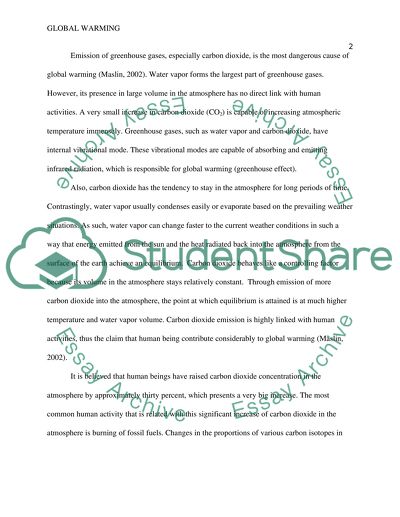Cite this document
(“Global Warming Research Paper Example | Topics and Well Written Essays - 2250 words”, n.d.)
Retrieved from https://studentshare.org/environmental-studies/1472308-global-warming
Retrieved from https://studentshare.org/environmental-studies/1472308-global-warming
(Global Warming Research Paper Example | Topics and Well Written Essays - 2250 Words)
https://studentshare.org/environmental-studies/1472308-global-warming.
https://studentshare.org/environmental-studies/1472308-global-warming.
“Global Warming Research Paper Example | Topics and Well Written Essays - 2250 Words”, n.d. https://studentshare.org/environmental-studies/1472308-global-warming.


